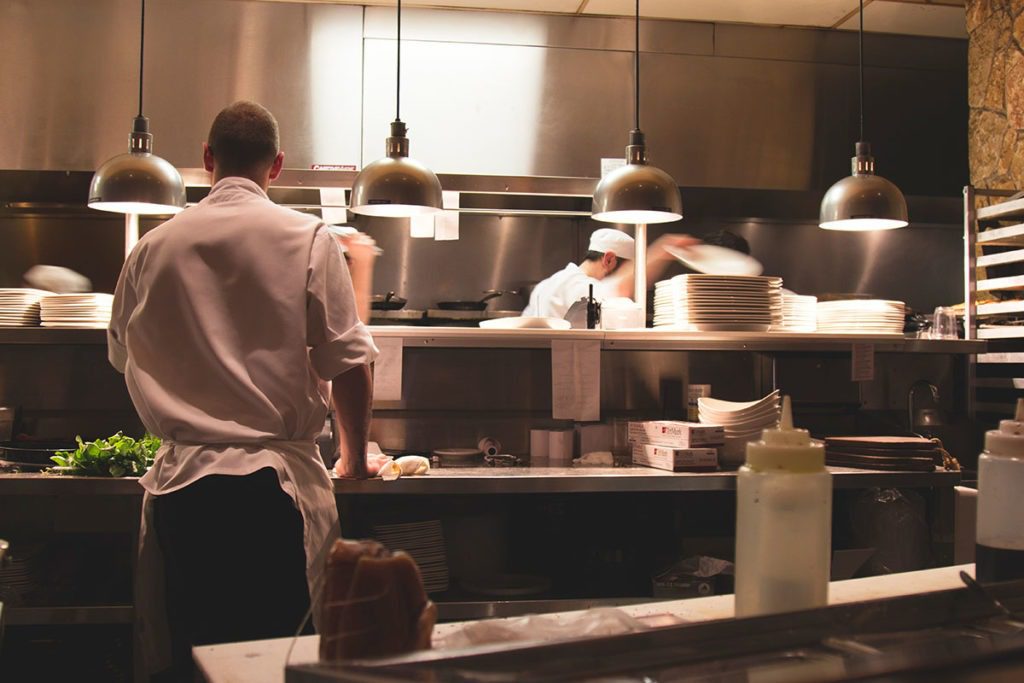Small changes that make a big difference
Electricity, gas and insulation
We already looked at how to cut down on overheads through better control of your kitchen appliances (fridges, freezers, ovens and hobs etc.) but we have not yet exhausted all the ways you can reduce your overall consumption of electricity.
Review your utility bills every month. Set targets to reduce your consumption. By implementing best practices you can probably reduce it by a quarter. If your bill was €400 or £400 last month, set a target to get it down to €300/£300 this month.
Over 75% of restaurant energy costs stem from the kitchen area. Undoubtedly with such a high proportion of usage, there should be ways to cut down on costs in the kitchen alone. Identify where you might be consuming electricity unnecessarily. Can you implement some technological solutions to reduce consumption? This may require some up-front investment, but it will pay for itself very quickly. For example, you should replace conventional lighting with LED lighting or other low-wattage alternatives (make this a priority in back-of-house and low-traffic areas). Install motion sensors and light sensors to ensure that just the right amount of light energy is provided in areas such as guest toilets (customers often forget to switch off lights).
Install energy-efficient hand dryers in the toilets too. They cost more but again, they will help reduce your bills.
Then implement energy-saving policies and explain them to your staff. Educate them to turn off lights and turn down the heating or air conditioning when rooms are unoccupied. Draw up a step-by-step startup/shutdown checklist and get all employees follow this routine. You can display the checklist on your staff notice board.
If you still have an older generation boiler, replace it sooner rather than later as the new ones are far more energy efficient. But do it in the summer months when installers have less maintenance and repair work – you will be in a much better negotiating position.
And talking of maintenance – do it regularly, before important equipment breaks down. Appliances become less efficient if they are poorly maintained or in need of repair.
Is the building properly insulated? If not, your profits will go through the roof – though literally, not metaphorically. It may even be worthwhile to get a consultant on energy conservation and insulation to inspect your premises and provide a report and recommendations.
As well as saving you money, such measures will help you to establish a reputation for being friendly to the environment. The growth of organisations such as the Sustainable Restaurant Association suggest this will be increasingly valuable attribute.
Next week we will look at a couple of other overheads: water and wastage.













